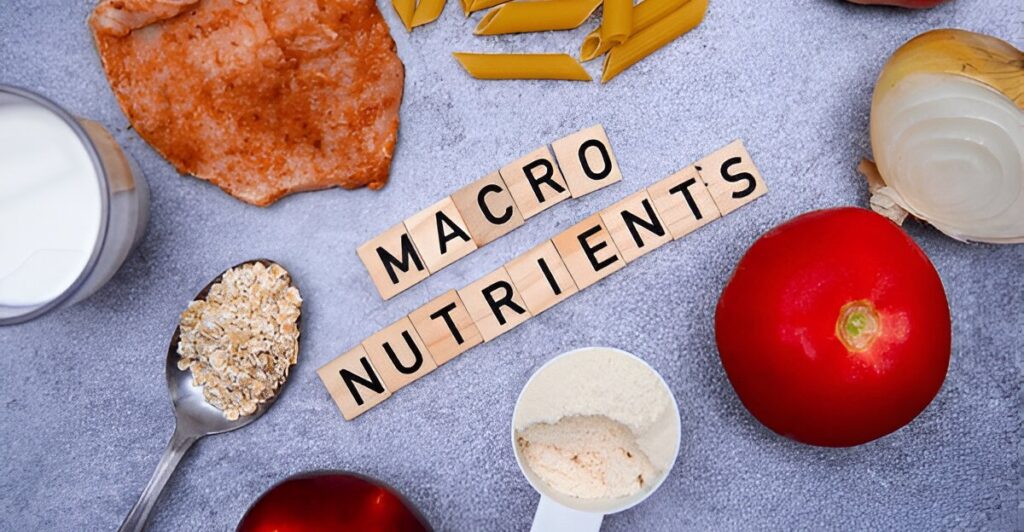Metabolism is the engine that keeps your body running, transforming food into energy to fuel everything from breathing to running a marathon. Understanding the science of metabolism can empower you to optimize your energy levels, manage weight, and enhance overall health. This engaging guide dives into what metabolism is, how it works, and practical ways to support it naturally for a vibrant life.
What Is Metabolism?
Metabolism refers to the complex set of chemical processes in your body that convert food and drink into usable energy. These processes sustain life by powering essential functions like heartbeat, digestion, and brain activity. Metabolism is often broken into two key categories:
- Catabolism: Breaking down nutrients (like carbohydrates, fats, and proteins) to release energy.
- Anabolism: Using energy to build and repair tissues, such as muscles or organs.
Your metabolic rate, or the speed at which your body burns calories, varies based on factors like age, sex, genetics, and lifestyle. The science of metabolism is about understanding how these processes work together to keep you energized and healthy.
How Does Metabolism Work?
Metabolism operates through a series of biochemical reactions, primarily in the cells’ mitochondria, often called the “powerhouses” of the body. Here’s a simplified breakdown:
- Digestion: When you eat, enzymes break down carbohydrates into glucose, proteins into amino acids, and fats into fatty acids.
- Energy Conversion: These nutrients enter the bloodstream and are transported to cells. Mitochondria convert them into adenosine triphosphate (ATP), the body’s primary energy currency.
- Energy Use: ATP fuels activities like muscle movement, temperature regulation, and even thinking.
- Waste Elimination: Byproducts, like carbon dioxide or urea, are expelled through breathing, sweat, or urine.
Your basal metabolic rate (BMR) accounts for 60–75% of daily calorie burn, covering basic functions at rest. Physical activity, digestion (thermic effect of food), and non-exercise activity (like fidgeting) make up the rest.
Why the Science of Metabolism Matters
Understanding metabolism is key to unlocking better health. Here’s why it’s worth exploring:
1. Energy Optimization
A well-functioning metabolism ensures steady energy throughout the day. By supporting metabolic health, you can avoid fatigue and stay productive.
2. Weight Management
Metabolism influences how efficiently your body burns calories. While genetics play a role, lifestyle changes can enhance your metabolic rate, aiding weight loss or maintenance.
3. Disease Prevention
A sluggish metabolism is linked to conditions like obesity, type 2 diabetes, and heart disease. Boosting metabolic health can lower these risks.
4. Longevity
Research suggests that a healthy metabolism supports cellular repair and reduces oxidative stress, potentially slowing aging.
Factors That Affect Metabolism
Several factors shape your metabolic rate, some controllable and others not:
- Age: Metabolism naturally slows with age due to muscle mass decline.
- Muscle Mass: More muscle increases BMR, as muscle burns more calories than fat.
- Genetics: Some people inherit a faster or slower metabolism.
- Hormones: Thyroid hormones, insulin, and cortisol regulate metabolic speed.
- Diet and Activity: Eating patterns, exercise, and sleep impact how efficiently your body burns energy.
How to Boost Your Metabolism Naturally
The science of metabolism reveals actionable ways to enhance your body’s energy-burning potential. Try these evidence-based strategies:
1. Build Muscle Through Strength Training
Muscle tissue burns more calories than fat, even at rest. Incorporate weightlifting or bodyweight exercises like squats and push-ups 2–3 times per week to increase muscle mass and elevate BMR.
2. Stay Active Throughout the Day
Physical activity, including walking, stretching, or standing, boosts non-exercise activity thermogenesis (NEAT). Aim for 150 minutes of moderate aerobic activity weekly, like brisk walking or cycling.
3. Eat Enough Protein
Protein has a high thermic effect, meaning your body burns more calories digesting it. Include lean sources like chicken, fish, tofu, or lentils in every meal to support muscle maintenance and metabolism.
4. Stay Hydrated
Drinking water can temporarily boost metabolism by 10–30% for about an hour. Aim for 8–10 cups daily, more if you’re active. Cold water may enhance this effect slightly, as your body uses energy to warm it.
5. Prioritize Sleep
Poor sleep disrupts hormones like ghrelin and leptin, slowing metabolism and increasing hunger. Aim for 7–9 hours of quality sleep nightly to keep your metabolic rate optimized.
6. Manage Stress
Chronic stress raises cortisol, which can slow metabolism and promote fat storage. Practice mindfulness, yoga, or deep breathing to keep stress in check.
7. Eat Regularly
Skipping meals or extreme calorie restriction can signal your body to conserve energy, slowing metabolism. Aim for balanced meals every 3–4 hours to keep your metabolic engine humming.
Common Myths About Metabolism
The science of metabolism is often clouded by misconceptions. Let’s clear up a few:
- Myth: Metabolism is entirely genetic. Truth: While genetics play a role, lifestyle factors like exercise and diet significantly influence metabolic rate.
- Myth: Certain foods “skyrocket” metabolism. Truth: Foods like green tea or spicy peppers offer minor, temporary boosts, but their impact is small compared to exercise or muscle mass.
- Myth: Thin people always have fast metabolisms. Truth: Body composition and activity levels matter more than body size.
Who Can Benefit from Understanding Metabolism?
The science of metabolism is relevant to:
- Fitness enthusiasts aiming to optimize performance
- Those seeking weight loss or maintenance
- People with metabolic disorders, like hypothyroidism or diabetes
- Anyone wanting more energy and better health
Consult a healthcare provider or dietitian for personalized advice, especially if you suspect a metabolic issue.
Metabolism-Boosting Meal Ideas
Ready to fuel your metabolism? Try these nutrient-packed, metabolism-friendly meals:
- Breakfast: Oatmeal with almond butter, berries, and a sprinkle of chia seeds
- Lunch: Grilled chicken salad with quinoa, avocado, and mixed greens
- Dinner: Baked salmon with roasted Brussels sprouts and sweet potato wedges
- Snack: Greek yogurt with walnuts or a hard-boiled egg with veggies
Final Thoughts
The science of metabolism reveals how your body transforms food into the energy that powers your life. By understanding how metabolism works and adopting habits like strength training, balanced eating, and quality sleep, you can optimize your metabolic health for more energy, better weight management, and a reduced risk of chronic disease. Start small—try adding a protein-rich snack or a daily walk—and watch how these changes fuel your body’s potential.
Curious to learn more? Experiment with metabolism-boosting recipes or connect with a nutrition expert to tailor these strategies to your unique needs. Your body’s engine is ready to rev up!


